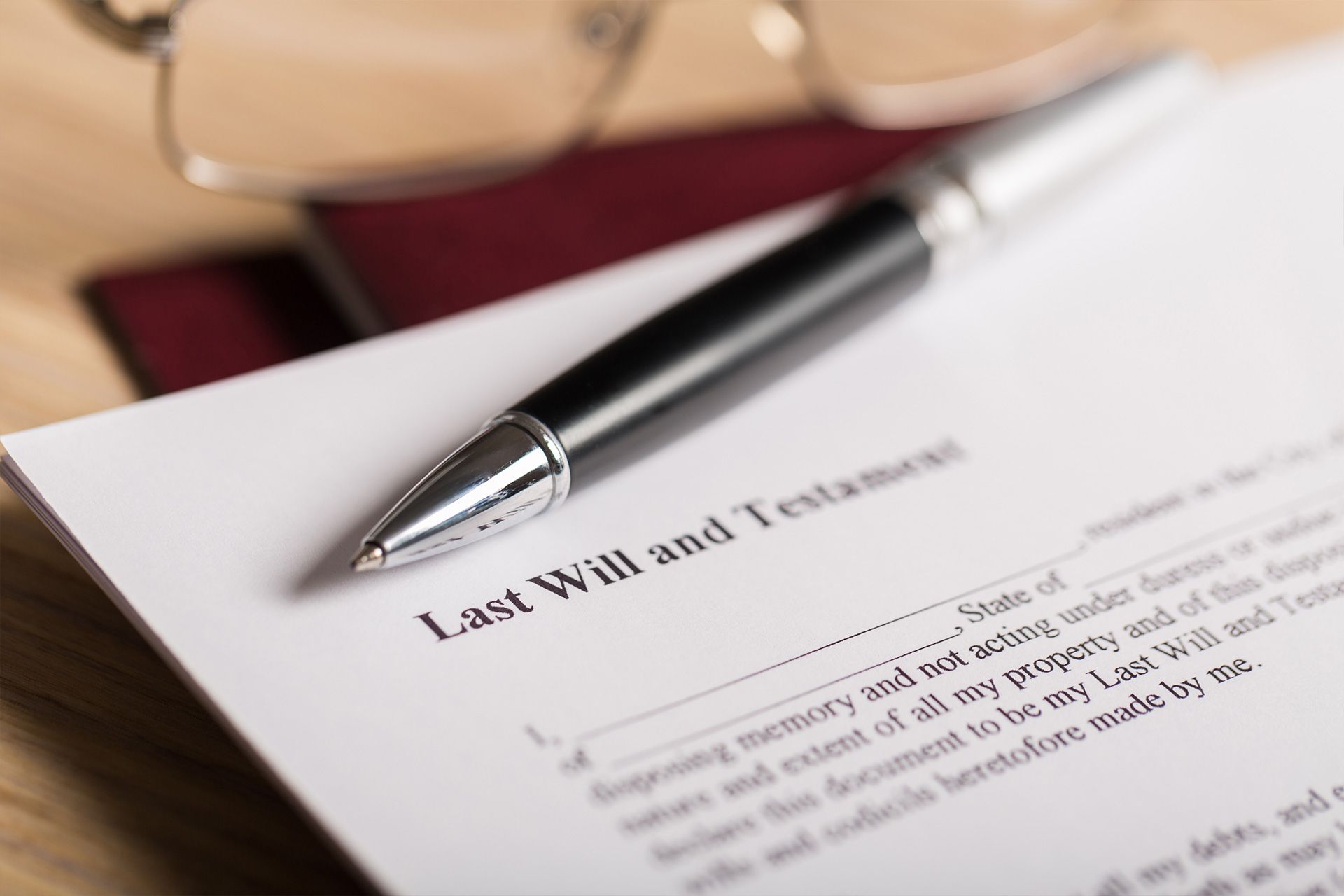Durable Power of Attorney vs General Power of Attorney: Key Differences
Did you know that nearly 60% of American adults don’t have any type of power of attorney in place? This is surprising because a power of attorney (POA) can be one of the most important legal tools for protecting your finances, health, and personal affairs, especially during emergencies.
When unexpected events happen—like illness, injury, or extended travel—you might need someone you trust to make decisions on your behalf. That’s where a Durable Power of Attorney or a General Power of Attorney comes in. While these documents sound similar, they work in very different ways, and choosing the wrong one can leave you without the legal coverage you need.
In this article, we’ll break down the differences between these two powers of attorney, explain when each is used, and help you understand which one might be the right fit for your situation.
What is a Power of Attorney?
A Power of Attorney is a legal document that gives another person (called your “agent” or “attorney-in-fact”) the authority to act on your behalf. This can include making decisions about money, property, business, or even health care.
The person creating the POA (you) is called the principal. The document can be as broad or as specific as you want, allowing your agent to handle just a single task or giving them full decision-making power.
What is a General Power of Attorney?
A General Power of Attorney allows your agent to manage your affairs while you are mentally and physically capable. It is most often used for financial and business matters, such as:
- Paying bills.
- Managing bank accounts.
- Signing contracts.
- Handling investments.
- Running a business.
However, a General POA automatically ends if you become incapacitated (meaning you can no longer make decisions for yourself). Once that happens, your agent no longer has legal authority to act for you.
Example: If you give your friend a General POA to manage your finances while you’re traveling overseas, they can pay your bills and deposit checks during your trip. But if you have a serious accident and are unable to communicate, the General POA becomes invalid.
What is a Durable Power of Attorney?
A Durable Power of Attorney works much like a General POA but with one major difference—it stays in effect even if you become incapacitated. This means your chosen agent can continue to act on your behalf during times when you are unable to make your own decisions.
Durable POAs are especially important for situations involving long-term illness, cognitive decline, or unexpected emergencies.
Example: If you have a Durable POA in place and you suffer a stroke that leaves you unable to speak, your agent can still handle your finances, sign important documents, and make critical decisions—without having to go to court for permission.
Key Differences Between Durable and General Power of Attorney
Here’s a side-by-side comparison:
| Feature | General Power of Attorney | Durable Power of Attorney |
|---|---|---|
| When it’s valid | Only while the principal is mentally competent | Continues even after the principal becomes incapacitated |
| Common uses | Temporary financial/business tasks | Long-term financial or legal decisions, especially during illness |
| Ends when | The principal becomes incapacitated or revokes it | The principal revokes it or passes away |
| Best for | Short-term needs or situations where incapacity is unlikely | Long-term planning and incapacity protection |
Why These Differences Matter
Choosing between a General and a Durable Power of Attorney isn’t just about paperwork—it’s about planning for the unexpected.
If you only need temporary help (for example, during a deployment or business trip), a General POA may be enough. But if you want your agent to continue making decisions for you in case of serious illness or injury, a Durable POA offers that added protection.
Without the right type of POA, your loved ones might need to go through a lengthy and expensive court process called guardianship to gain authority over your affairs.
How to Create a Power of Attorney
While you can find free forms online, it’s best to work with an experienced estate planning attorney, especially if you live in a state like Florida, where specific legal language is required for a POA to be valid.
Here’s the general process:
- Choose your agent – Pick someone you trust completely. This person will have significant control over your affairs.
- Decide on the powers – Be specific about what your agent can and cannot do.
- Select the type – Decide whether you want it to be general or durable.
- Draft the document – Use state-compliant forms or have an attorney draft it.
- Sign in front of witnesses and/or a notary – Most states require notarization.
- Store safely – Keep the original in a secure place and give copies to your agent and attorney.
When to Use a General Power of Attorney
A General POA works well for:
- Handling affairs while you are traveling abroad
- Managing a business during a temporary absence
- Authorizing someone to complete a real estate or financial transaction for you
- Short-term health or recovery situations where incapacity is unlikely
It is not a good option if you want long-term protection in case of serious illness.
When to Use a Durable Power of Attorney
A Durable POA is ideal for:
- Long-term estate planning.
- Protecting yourself in case of Alzheimer’s, dementia, or other serious illnesses.
- Ensuring someone can make decisions for you in a medical crisis.
- Avoiding the court process for guardianship if you become incapacitated.
In short, if you want to be prepared for both today and the future, a Durable POA is usually the better choice.
Tips for Choosing the Right Power of Attorney
- Think about your future needs: If there’s any chance you might face health issues that could limit decision-making, go with a Durable POA.
- Choose your agent carefully: This should be someone trustworthy, financially responsible, and able to handle stress.
- Review your POA regularly: Life changes—make sure your POA still fits your situation.
- Get legal advice: State laws vary, and an attorney can make sure your document is valid and enforceable.
Final Thoughts
A General Power of Attorney gives someone authority to act for you only while you’re capable, while a Durable Power of Attorney continues even if you can’t make decisions for yourself. For long-term protection and peace of mind, many people choose the durable option.
Need help setting up the right Power of Attorney for your needs? Contact
Law Office of Mary E. King, PL, today for expert guidance.
FAQs: Durable and General Power of Attorney
Can I have both a General and a Durable Power of Attorney?
Yes, but you typically only need one for a specific purpose. Many people choose a Durable POA because it covers both short-term and long-term needs.
Does a Durable Power of Attorney cover health care decisions?
Not automatically. In most states, health care decisions require a separate document called a Health Care Power of Attorney or Health Care Proxy.
Can I change or cancel a Power of Attorney?
Yes, as long as you are mentally competent, you can revoke or change your POA at any time.
What happens if I don’t have any Power of Attorney?
If you become incapacitated, your family may need to go through court to be appointed as your legal guardian—a process that can be costly and time-consuming.
Disclaimer: The information on this website and blog is for general informational purposes only and is not professional advice. We make no guarantees of accuracy or completeness. We disclaim all liability for errors, omissions, or reliance on this content. Always consult a qualified professional for specific guidance.
RECENT POSTS
CONTACT US






